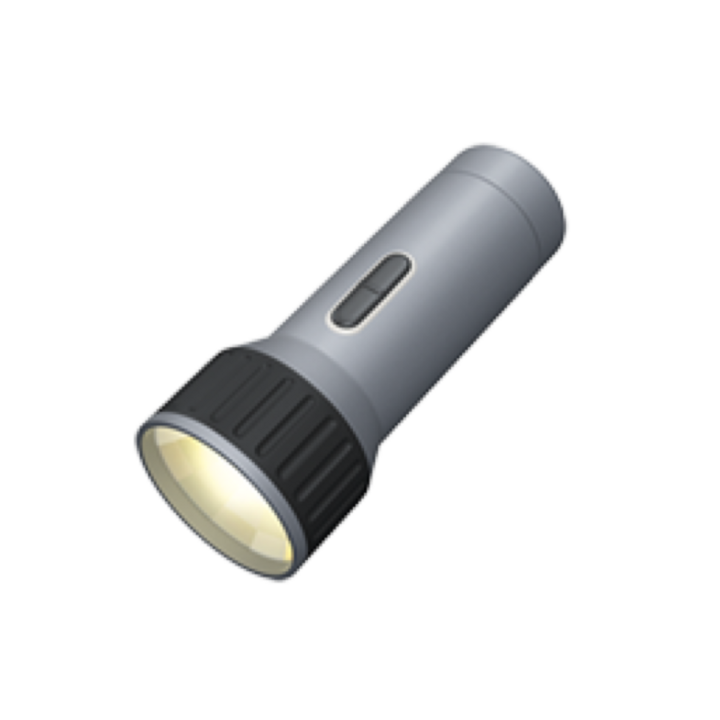PEUGEOT 307 (2001-05) 3DR HATCHBACK 1.6 HDI 110 S EU4

Buyer's Guide & Data from our Checks
The PEUGEOT 307 (2001-05) 3DR HATCHBACK 1.6 HDI 110 S EU4 is a compact hatchback that has been a popular choice in the UK for its practicality and efficiency. It fits well into the hatchback segment, making it a versatile option for urban drivers, small families, and everyday commuters who need a reliable vehicle for daily travel. Its stylish design and reasonably affordable price point have helped it maintain a good standing in the used car market.
Data from mycarcheck.com shows that there have been a few checks on this model, with an average mileage of around 128,000 miles and roughly 4 to 5 previous owners. The average valuation for private sales is about £700, indicating that it remains a budget-friendly option for buyers. Its reliable diesel engine, known for fuel economy, makes it a practical choice especially for those clocking regular miles, with an estimated annual mileage of 12,000.
What sets the PEUGEOT 307 (2001-05) 3DR HATCHBACK 1.6 HDI 110 S EU4 apart is its combination of affordable running costs and decent build quality. It’s often appreciated for its comfortable drive and straightforward handling, making it suitable for first-time drivers and daily commuters. Compared to its rivals, it offers a good balance between value and performance, securing its reputation as a sensible choice in the used hatchback market.
Key Findings
The following statistics are drawn from our checks of 2 different vehicles, run between March 22nd 2021 and December 31st 2025. These real-world insights provide context for this vehicle's place in the market, as well as its typical usage.
4
Lookups
Lookups
1
Hidden Histories
Hidden Histories
141k
Average Mileage
Average Mileage
£700
Average Valuation
Average Valuation












